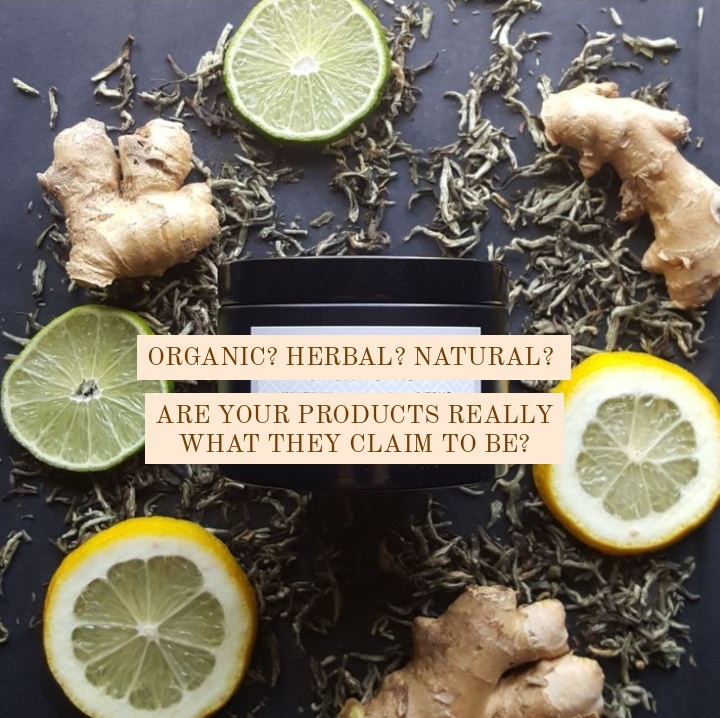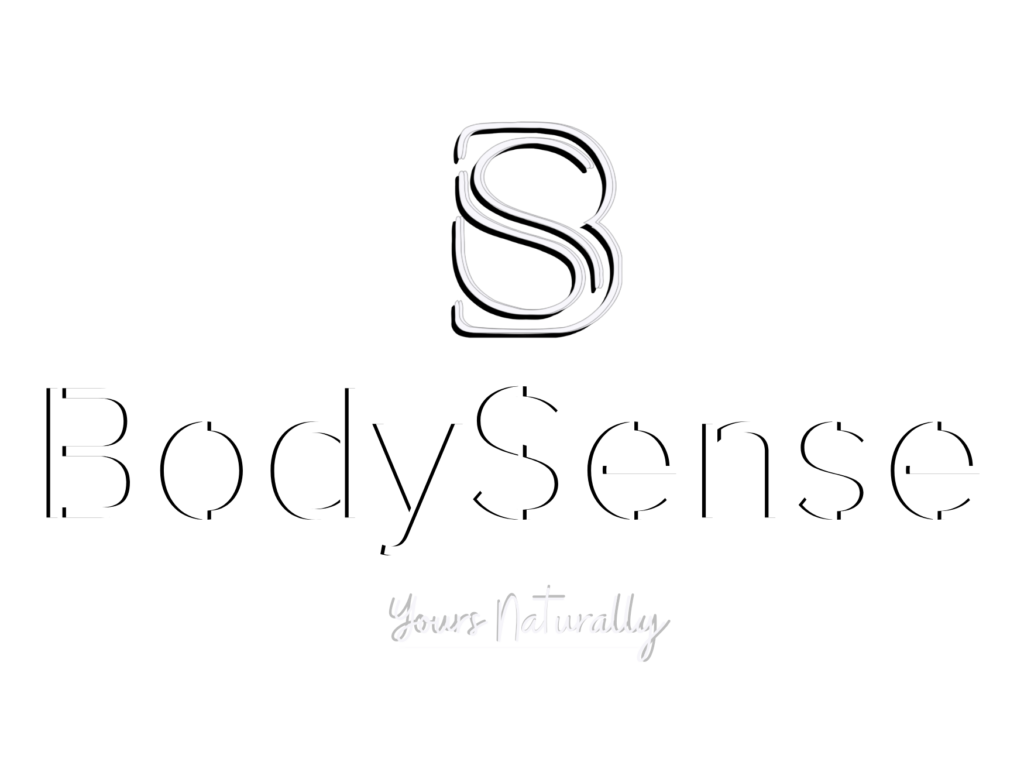
ARE YOUR PRODUCTS WHAT THEY REALLY CLAIM TO BE? ORGANIC? NATURAL? HERBAL?
There are no doubts about shifting consumer preferences towards Organic and Natural products. However, one question that remains unanswered for the gullible consumer is, How to know if the product labeled Organic in the retail stores is really Organic?
To help you understand better I’ll give you an example-
The debate over non-organic and certified organic body care products is confusing.
•A manufacturer makes some shampoo.
•The shampoo contains some organic lavender essential oil but also contains 1,4-dioxane, which is a known cancer-causing chemical.
•Certified USDA organic body care products are not allowed to contain harmful ingredients or chemicals. Since the shampoo contains 1,4-dioxane, it does not meet certification standards under the USDA organic certification process.
•Since no one regulates the term organic, and since the product does contain organic lavender oil, the manufacturer decides to label the shampoo as ‘Organically Herbal Lavender Shampoo.’.
•The new shampoo heads to the shelves of the local natural grocery store. A consumer sees the product label, assume it’s safe and organic because it says, ‘Organically Herbal’ and buys it.
Current Status
The FDA regulates all cosmetics under the Federal Food, Drug, and Cosmetic Act (FD&C Act). The FDA defines cosmetics by use as, “Articles intended to be rubbed, poured, sprinkled, or sprayed on, introduced into, or otherwise applied to the human body…for cleansing, beautifying, promoting attractiveness, or altering the appearance.”
You must abide by the FD&C Act when creating or selling cosmetics. However, the FDA has no power over the term ORGANIC. The FDA doesn’t define organic body care. They also don’t regulate the use of the term organic on products.
Organic labeling:
The word “Organic” is not a protected word. Many brands uses it’s variants like Organica, Organics, etc. In order to attract more customers but none of these means that the product is Organic. As an informed consumer, don’t rush to buy anything that has the word Organic or its derivative on the label. Organic Certification like USDA (The U.S. Department of Agriculture that certifies whether or not food items are organic) are used by many Brand but nonfood items are not as strictly regulated so best thing to do is check for the harmful chemicals in the ingredient list.
Doesn’t the USDA Regulate Organic Body Care?
Certify yes. Regulate no. Any cosmetic, body care product, or personal care product made with agricultural ingredients that meet the USDA National Organic Program organic production, handling, processing and labeling standards, may be eligible for USDA organic certification under NOP. That said, the USDA doesn’t crack down on falsely labeled organic products.
Eligibility for USDA organic certification does not mean the same thing as regulation. The USDA isn’t checking up on body care companies and products which use the term organic on their packaging and products.
The USDA has authority over the labeling of body care products only if they are made with agricultural ingredients. Body care products can also be certified to various private standards, but these standards aren’t the same across the board. The USDA allows body care products to claim terms like ‘herbal,’ ‘natural,’ and even ‘organic,’ so long as they don’t falsely claim ‘USDA organic.’
The FDA says they regulate body care products, stating, “Under the FD&C Act, all cosmetic products and ingredients must be safe for consumers.” The FDA makes statements like this, but stops there, allowing the body care industry to self-regulate. In fact, the FDA notes that it’s the responsibility of the companies and individuals who market body care to ensure that products and ingredients are safe for the intended use.
Self-Regulation Doesn’t Work:
FDA approved products on the market today contain harmful ingredients like diethyl phthalate, synthetic musks, toluene, coal tar, petroleum, parabens and more. These and other chemicals in body care products are known to cause problems like infertility, headaches, dizziness, fatigue, cancer, hormone disruption, allergies, immunotoxicity, organ system toxicity, irritation to skin, eyes, or lungs and many other health problems. Even FDA approved baby care products contain harmful chemicals such as known carcinogens, 1,4-dioxane, and formaldehyde.
With that being said it’s crucial that consumers should not rush to buy the product by just reading the front cover labelled as organic, natural or herbal without checking the ingredient list for harmful chemicals. Know more about harmful chemicals in your skin care products.
